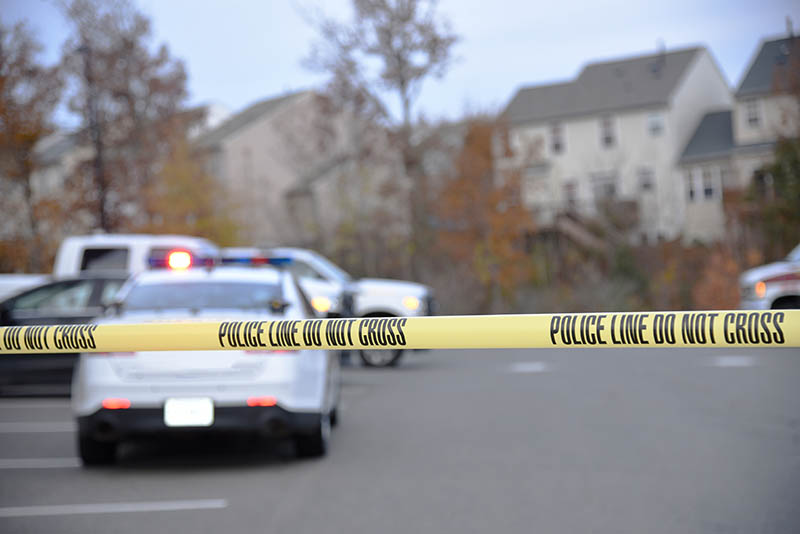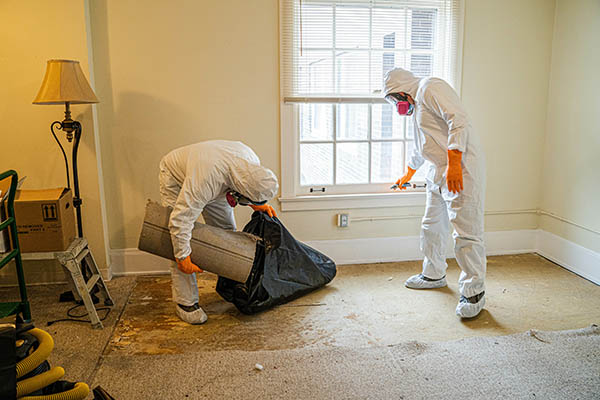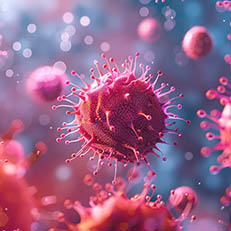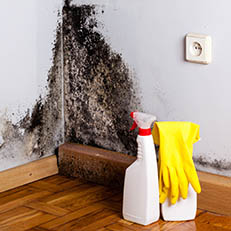
Crime scenes can be a source of disease and infection
Proper crime scene cleanup is crucial for ensuring safety and health in environments affected by violent incidents. Effective cleanup prevents exposure to hazardous biohazards, such as bloodborne pathogens, and ensures the area is decontaminated to avoid health risks. Additionally, thorough cleanup respects the privacy of those affected and aids in restoring the space to a safe and usable condition. Professional crime scene cleanup is essential for maintaining hygiene, safety, and sensitivity during a difficult time.
Profession, Caring and Compassionate
- Fully trained, insured and OSHA compliant
- Locally owned and operated
- 100% satisfaction guarantee
- Serving the States of Wisconsin and Illinois
CRIME SCENE CLEANUP
Crime scene cleanup is a specialized service focused on the safe and thorough cleaning of locations where violent crimes, accidents, or unattended deaths have occurred. Trained professionals handle the removal of blood, bodily fluids, and other biohazardous materials, ensuring the area is restored to a safe and sanitary condition. This process involves using advanced cleaning agents, equipment, and protective gear to eliminate all traces of contamination, preventing the spread of diseases and infections. Beyond the technical aspects, crime scene cleaners often provide emotional support to affected individuals, helping them cope with the trauma associated with such events. The meticulous work of these professionals not only restores physical spaces but also aids in the healing process for families and communities affected by the aftermath of tragic incidents.

Your Leader In Crime Scene Cleanup
Our cleaners are held to the highest standards. Each cleaner has been thoroughly screened and a background check conducted. Additionally, we ensure each of our specialists and cleaners complete a mandated training program that includes best practices for the safe handling of biohazards, methods & techniques of hoarding cleanup, OSHA mandated courses and more. Managers and supervisors complete additional certified training, which includes testing and passing of a final examination.
Steps Involved in Crime Scene Cleanup
- Evaluate the scene to determine the scope of the cleanup, identify hazards, and create a detailed plan.
- Ensure the area is safe and secure, preventing unauthorized access and minimizing exposure to hazards
- Equip team with appropriate PPE, such as gloves, masks, goggles, and full-body suits, to protect against biohazards and chemicals
- Identify and dispose of items contaminated with blood, bodily fluids, or hazardous materials according to local regulations
- Thoroughly clean surfaces using specialized cleaning agents to remove all traces of biological material and contaminants
- Use advanced deodorization techniques, such as ozone treatment or fogging, to eliminate lingering odors
- Inspect the area to ensure it is fully decontaminated and safe for use
- Dispose of all biohazardous waste in compliance with local, state, and federal regulations
Why Professionals are Required
We Kill 99.9% of Bacteria
Bacteria can pose serious dangers, including infections, food poisoning, and antibiotic resistance. Pathogenic strains may cause diseases like tuberculosis and strep throat, while antibiotic resistance complicates treatment, leading to harder-to-manage and potentially fatal illnesses.
More than Blood
Contaminated blood poses severe risks, including transmission of diseases like HIV, hepatitis B, and hepatitis C. Infected blood can lead to life-threatening health issues, spread through transfusions or contact, making rigorous screening and safety crucial.
Mold is Dangerous
Mold can be hazardous, causing respiratory issues, allergies, and worsening asthma. Prolonged exposure may lead to serious health problems, including infections and immune system impairments. Controlling moisture and promptly addressing mold growth are essential for health and safety.



